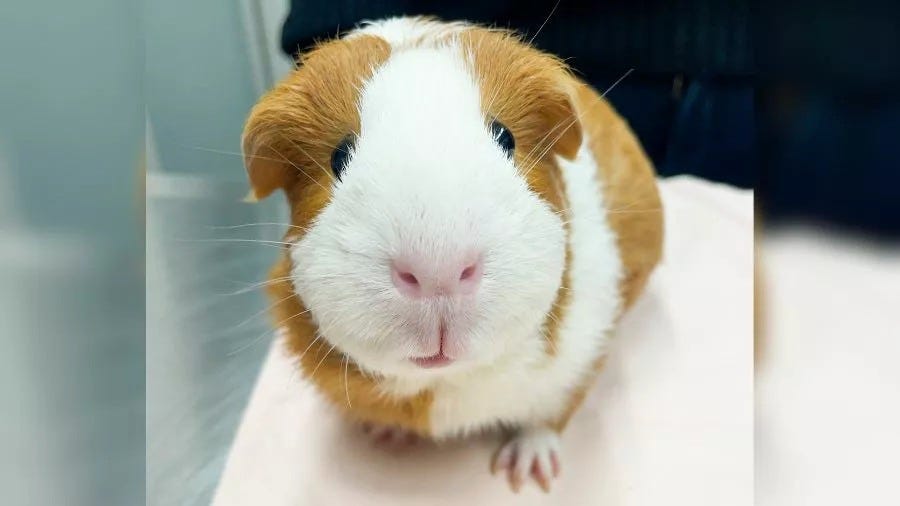Los Angeles to allow pets in some rental properties despite "no-pet" policies
News and headlines for January 20 - 26, 2024

These are some of the stories making headlines in animal protection:
Massachusetts legislation to ban declawing cats unanimously passed the state Senate.
Declawed cats are at significantly greater risk for back pain, not using the litter box, aggression (scratching/biting), and excessive grooming (barbering). In addition, studies have found that they would be at even greater risk for pain if bone fragments were left due to “poor or inappropriate surgical techniques,” which occurs in over 60% of cases.
Contrary to conventional wisdom, banning the practice does not lead to cats losing their homes. A study found that “there was no statistically significant increase in cats relinquished to the provincial shelter system for destructive scratching behavior following the implementation of the ban” because “most owners who declawed their cat did so for prevention of, rather than in response to, destructive scratching behavior.” As such, the study authors concluded that “owners can manage normal scratching behavior and retain cats in their homes without needing to resort to onychectomy [declawing].”
The House will now consider it. If it passes and the Governor signs it, Massachusetts would join New York and Maryland, which have statewide bans.
Indiana legislators are trying to undo local bans on selling commercially-bred dogs in pet stores, such as those in Indianapolis, Carmel, and West Lafayette. If HB 1412 becomes law, ordinances banning their retail sale will be unenforceable, and milled puppies will return to these cities. Although the legislation says the breeder needs to be reputable, few believe the state will enforce such a vague provision.
Pet stores generally get their animals from Commercial Breeding Enterprises (CBEs), commonly called ‘mills.’ CBEs engage in systematic neglect and abuse of animals, leaving severe emotional and physical scars on the victims. One in four former breeding dogs have significant health problems, are more likely to suffer from aggression, and are psychologically and emotionally shut down, compulsively staring at nothing.
Bans on their retail sale in pet stores do three things:
Encourage people to adopt/rescue;
Educate the community about animal abuse in mills;
Stop that abuse.
And they work: nationally, the number of commercial breeders has declined by 30%, and “Nebraska Department of Agriculture records show that half of the state’s commercial dog and cat breeders have left the business.”
Tragically, this progress is now at risk in Indiana.
Meanwhile, after over 100 guinea pigs found themselves looking for homes in local shelters, the Boston City Council stepped up and banned the retail sale of commercially-bred guinea pigs in pet stores.
The guinea pig sales ban is in addition to dogs, cats, and rabbits whose sale was previously banned. Under the law, pet stores can partner with rescue groups and animal shelters to have animals available.
In addition,
A Boston multi-agency task force aimed at reducing the abuse of animals and coordinating law enforcement efforts to help bring animal abusers to justice has been established, a first for Suffolk County in Massachusetts.
Suffolk District Attorney Kevin Hayden said the Suffolk County Animal Cruelty Task Force will work to improve the quality of information and methods used among the participating agencies in investigations of crimes against animals.
Do you have what it takes to save lives?
The following communities are looking for someone to run or help run their animal shelters:





